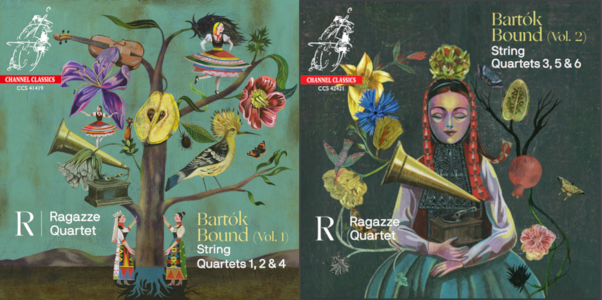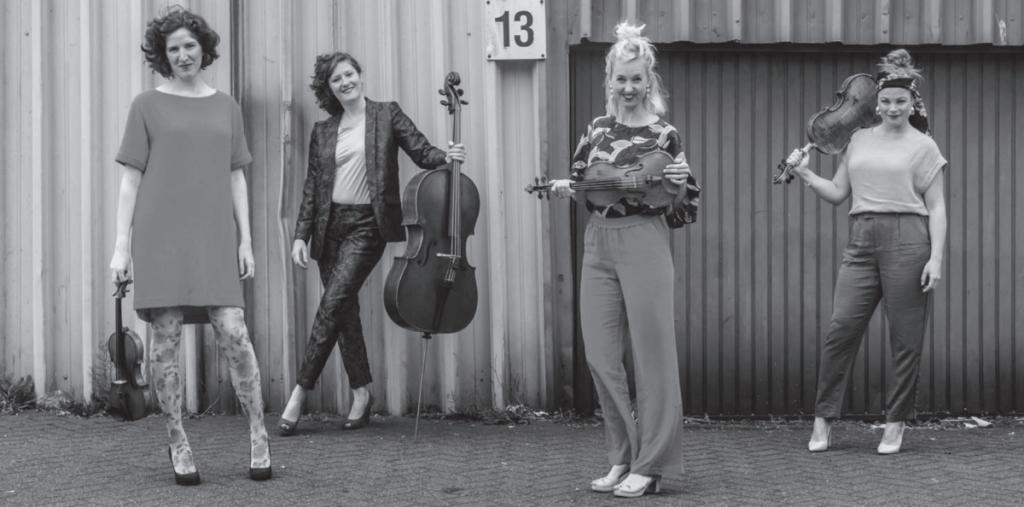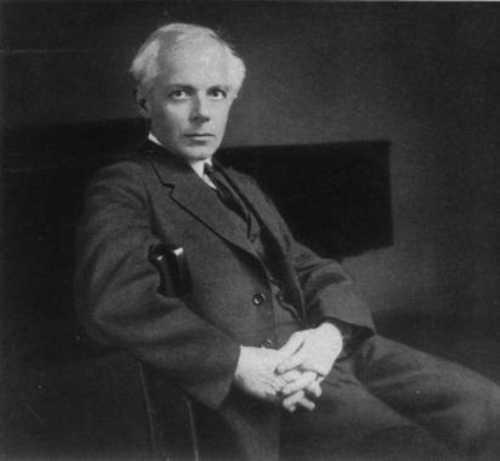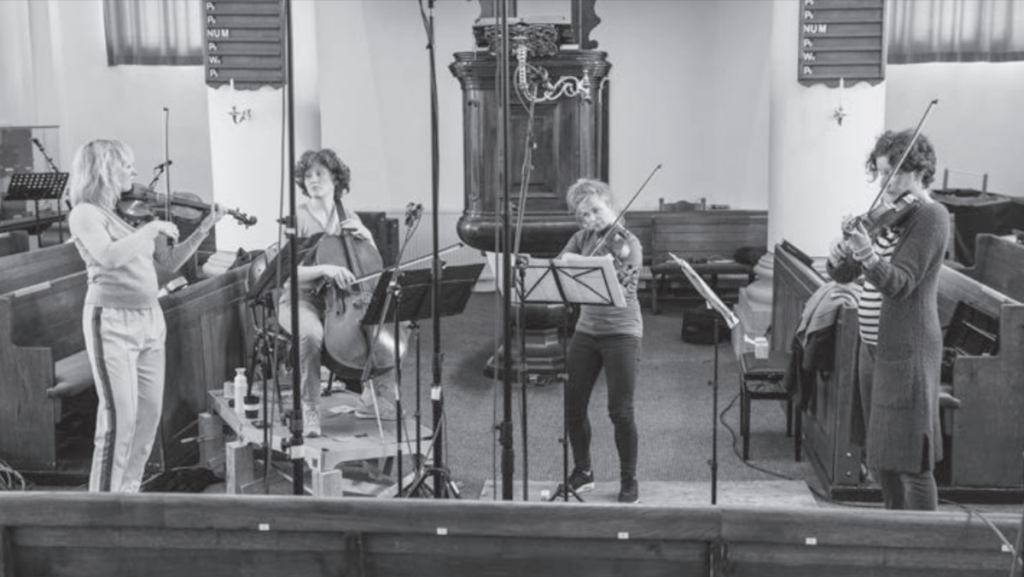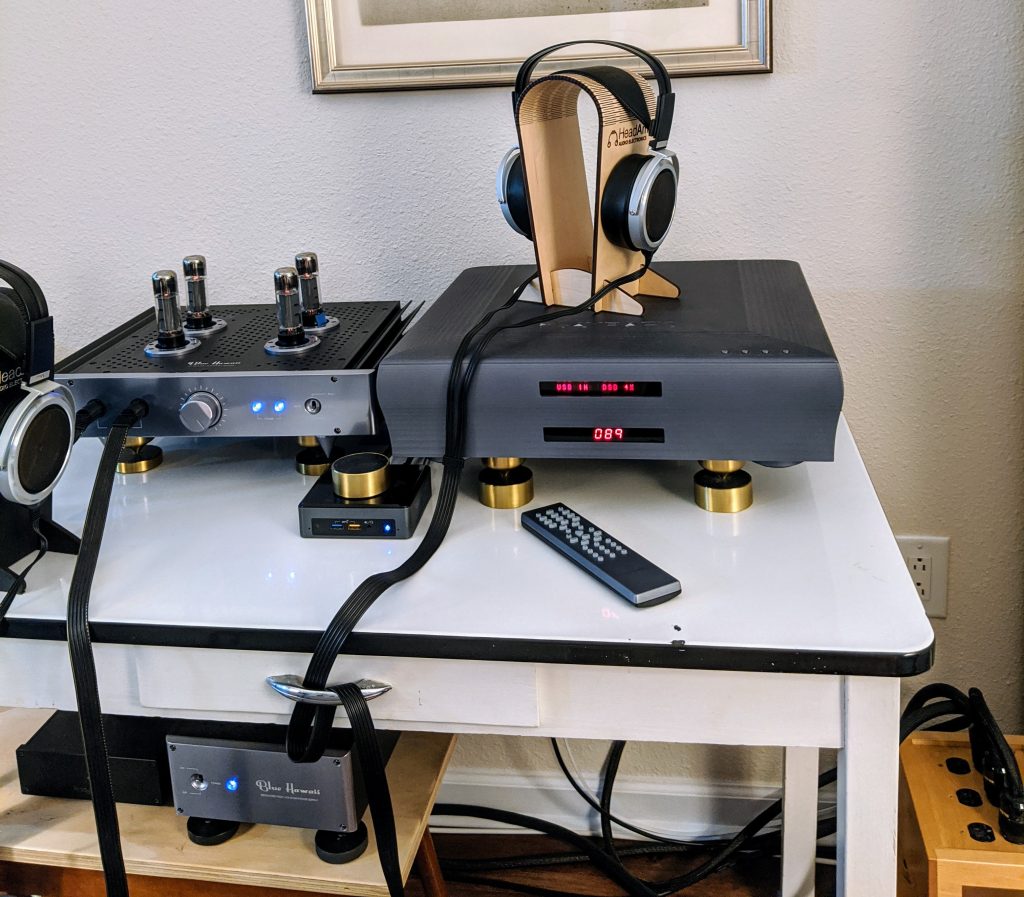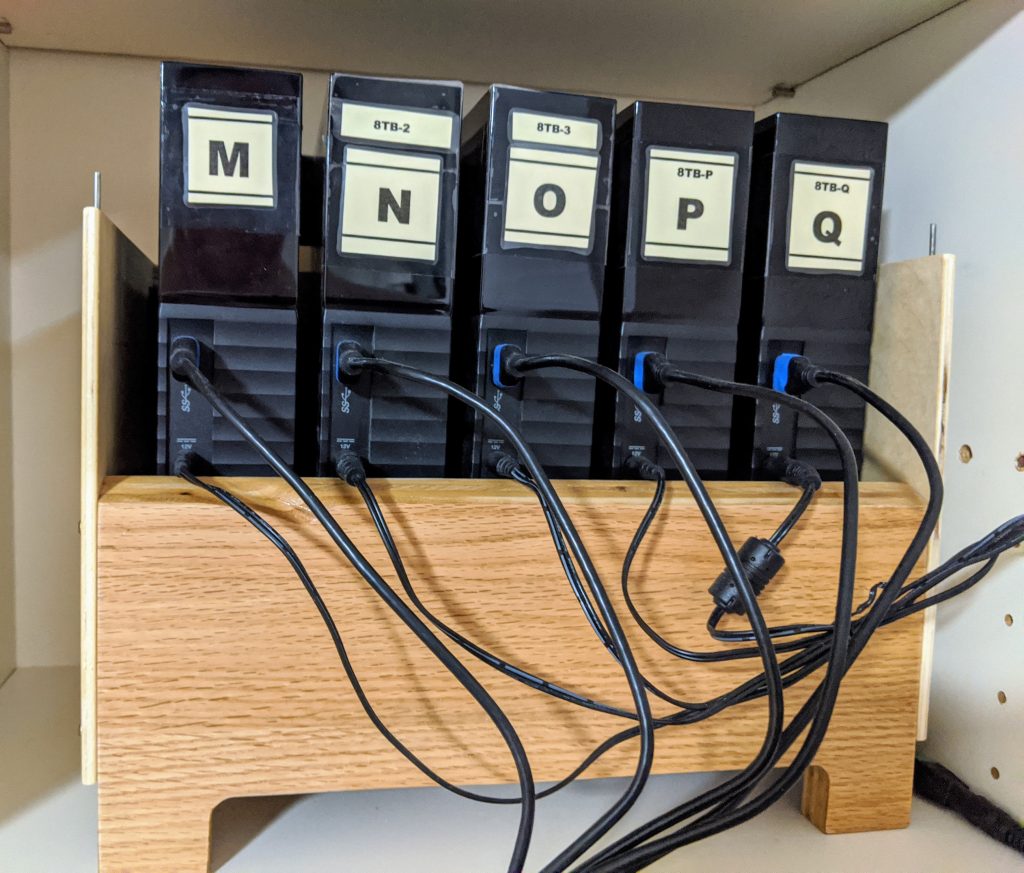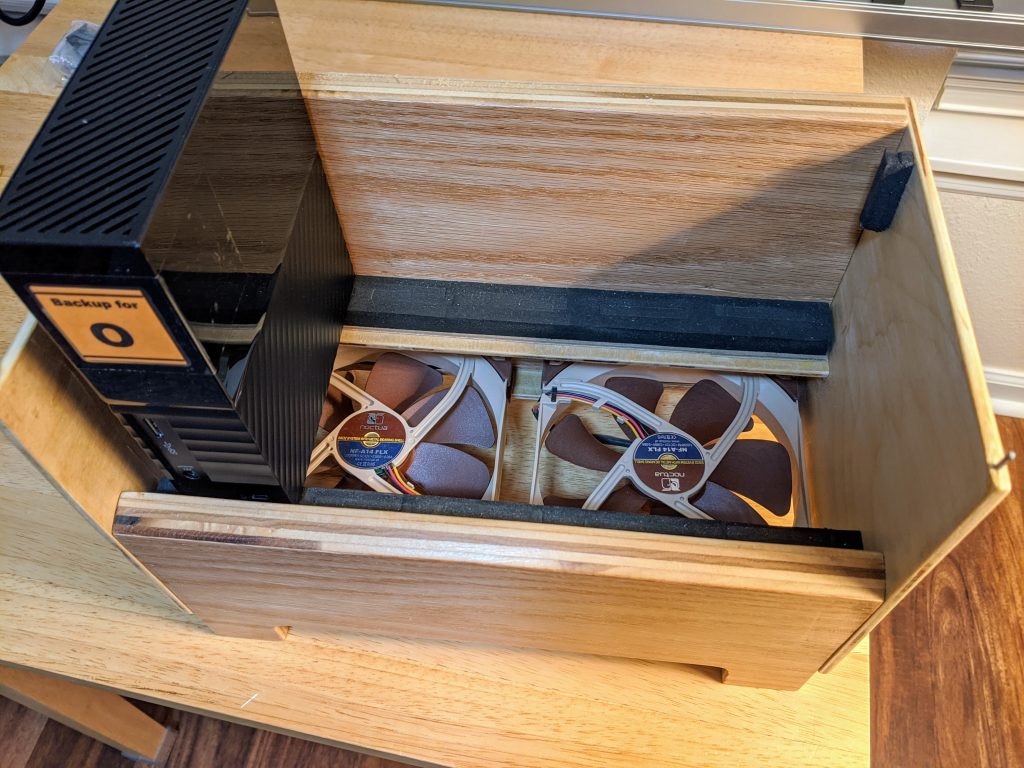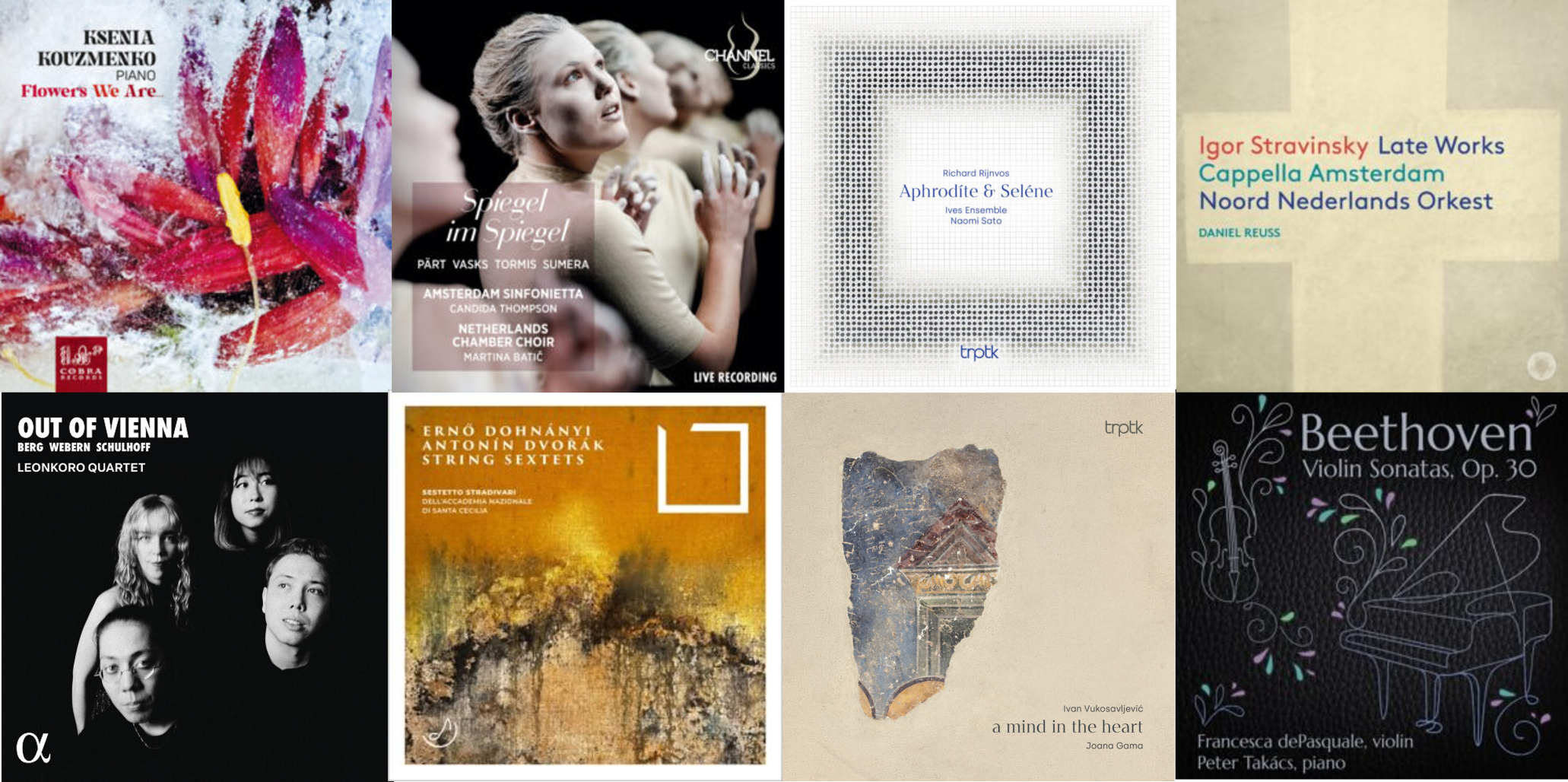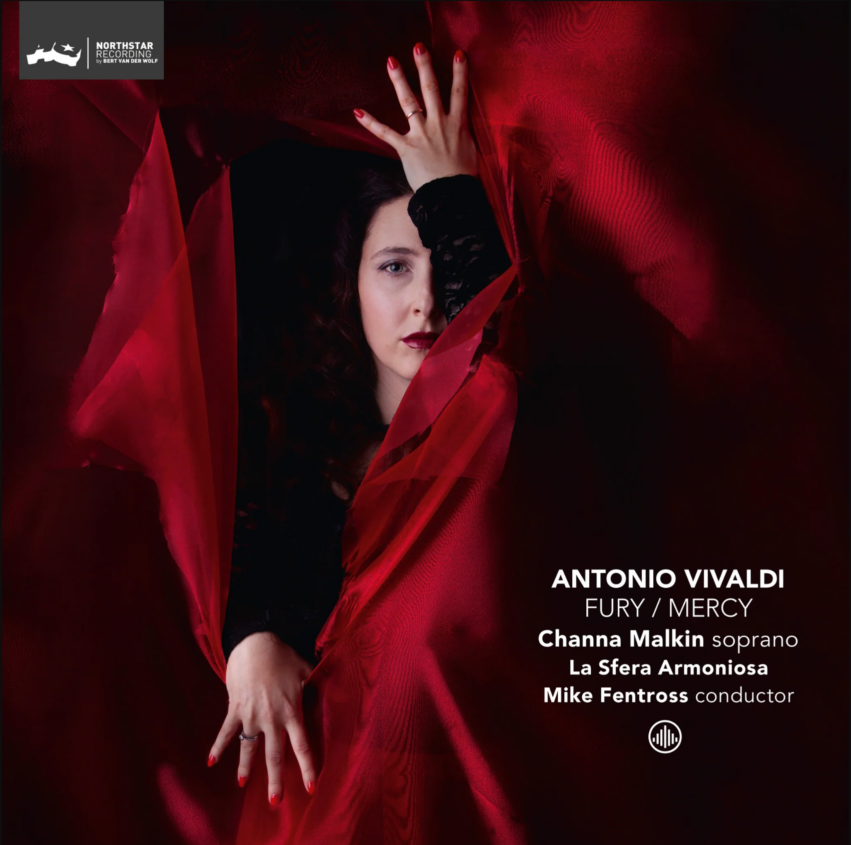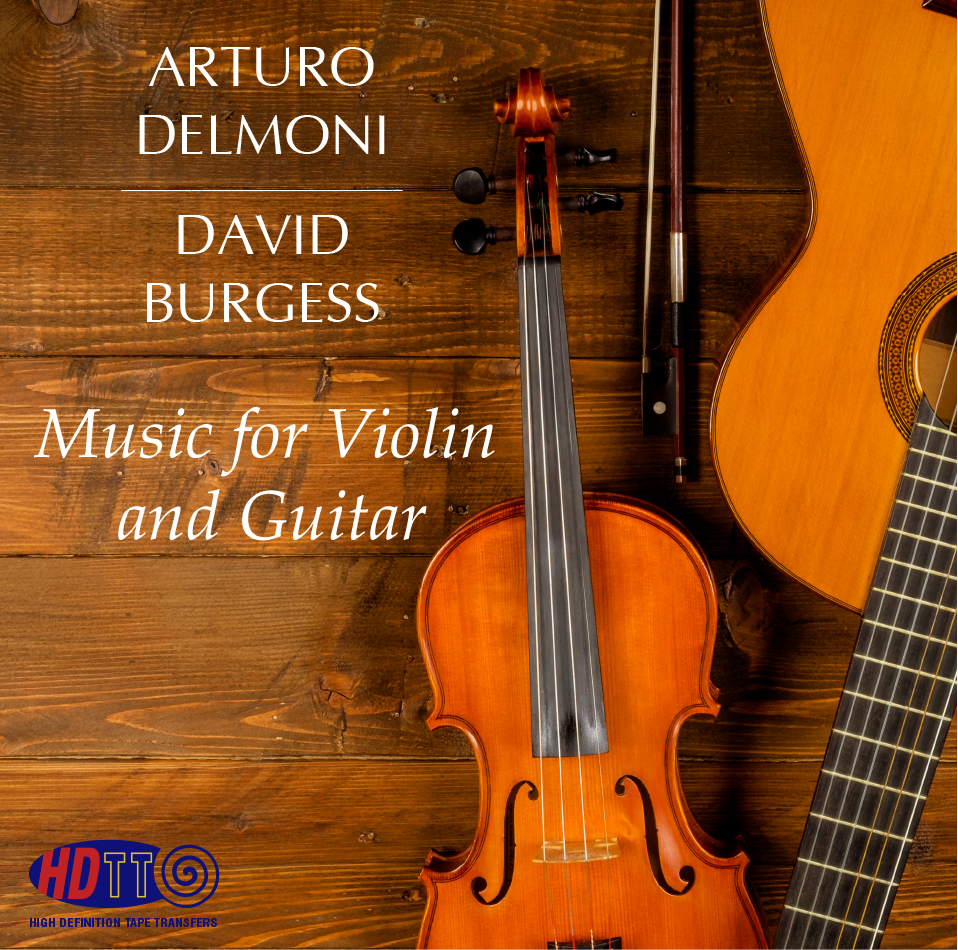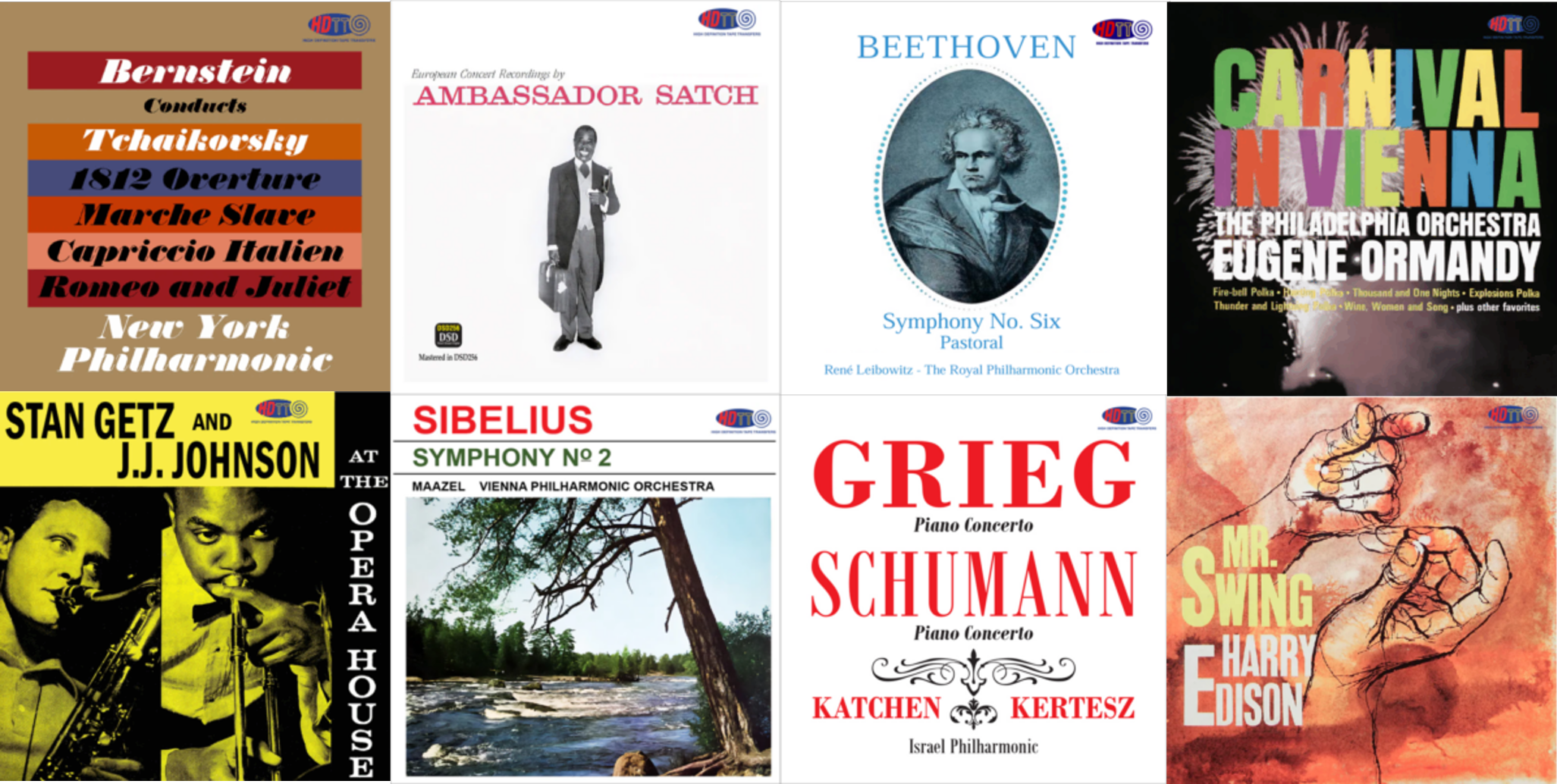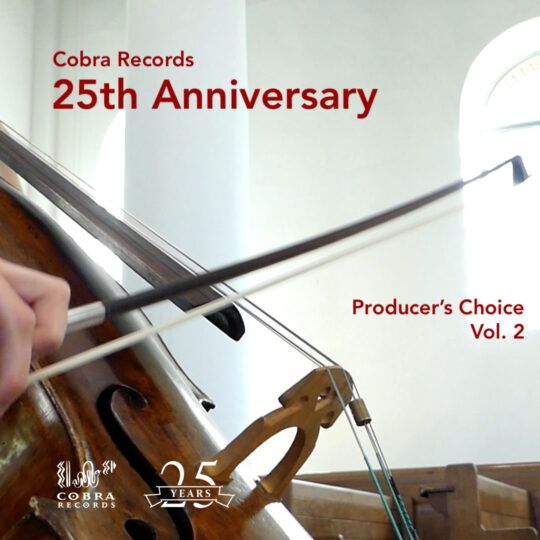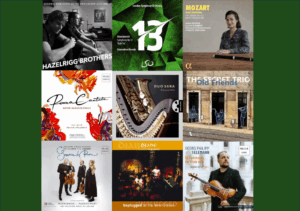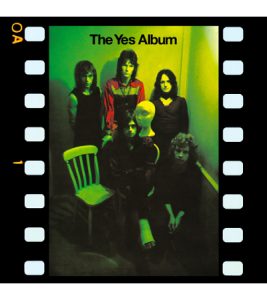With compelling musicianship, the Ragazze Quartet deliver a superb cycle of Bartók's String Quartets. The Ragazze capture the full range of emotional content in these six quartets with vibrant, intelligent performances that rise to the top ranks of the great performances we've known over the decades. And the sound quality from Channel Classics is superb. Bravo!
Bartók Bound, Volume 1 - String Quartets 1, 2, 4, Ragazze Quartet, Channel Classics, 2019. Pure DSD256 HERE
Bartók Bound, Volume 2 - String Quartets 3, 5, 6, Ragazze Quartet, Channel Classics, 2021. DXD HERE
After releasing String Quartets Nos. 1, 2, and 4 in 2019, the Ragazze Quartet now completes the Bartók Quartets cycle in Bartók Bound, Volume 2 with String Quartets Nos. 3, 5, and 6. And a great recorded cycle this is. I've long valued the cycles by the Julliard Quartet (60s), the Talich Quartet, and the Takács Quartet. This cycle clearly rises to that same level of excellence, but with better sound thanks to the excellent engineering by Jared Sacks.
The Ragazze approach all of these quartets with style, marvelous musicianship and complete commitment. They adopt a somewhat longer line, perhaps with a bit less aggressive bite, than some others (e.g., the 1960s Julliard which is nearly frenzied). And they might slightly miss some of that idiomatic, ethnic piquancy that the Takács bring to the music, for example. But the outcome from the Ragazze is no less involving than any of these alternatives. If anything, their approach sucks me deeper into the music as they fully engage Bartók's thematic interplay and contrasts. One senses a real rapport between the Quartet and this music.
To catch some understanding of the commitment to which I refer, listen to the quartet's cellist, Rebecca Wise, talk about their decision to record the Bartók Quartets, and listen as the Ragazze perform a portion of the third movement of the sixth quartet, the Burletta:
Rebecca Wise: "There are many fabulous composers that we could have chosen and we chose Bartók. Why is that? There is something very attractive in his sound world. There is a primal energy on the one hand, there's something that drives the music. You feel something very natural and very close to the core of what it is to want to live and want to express yourself—something very rich. And on the other hand, there is mysticism in the atmosphere and filmic in a way… The burletta of the third movement is a very cheeky dance, but then Bartók gives it his own weird twist, which he does with everything…he sort of wants to give the listener slightly ironic, sarcastic good feeling, but with a wink: it's not really all right, but I want to give you the illusion we're having fun here."
This is an understanding so very apropos of what was happening in Bartók's life at the time of writing this sixth string quartet. Things were not all right; Bartók faced his mother's illness and imminent death and the devastations of WWII had commenced. Bartók would soon flee to the United States.
Béla Bartók, 1927. Courtesy Creative Commons
Bartók's string quartets are great music. They are, perhaps, the greatest chamber music of the first half of the twentieth century, as I would say Shostakovich's quartets are to the second half of the century, and Beethoven's to the nineteenth. They make for a deep, intense listening experience, and like Beethoven's and Shostakovich's late quartets, it is difficult to fully grasp the enormity of the music in one or two takes. On first encounter, these will seem difficult as they come filled heavy chromaticism, dissonance, and tonal ambiguities. Few would contest that these are uncompromising works with a lot to listen for.
For performers, these quartets pose enormous technical challenges. The scores are crowded with special effects that test the limits of the string idiom, ranging from exaggerated glissandi to playing with the wood of the bow to fierce pizzicati made to snap against the fingerboard. The sound at times almost seems to issue from a percussion ensemble instead of a string quartet. And, although the music may be challenging, Bartok often concludes with crowd-pleasing, rhythmically-driven flurries of rustic folk music and dance.
The Ragazze deliver superbly.
Photos courtesy of Channel Classics, except where noted.




